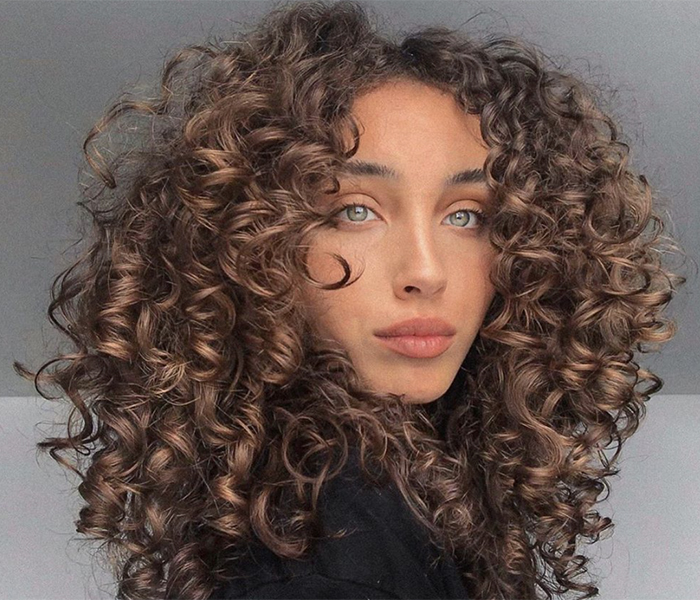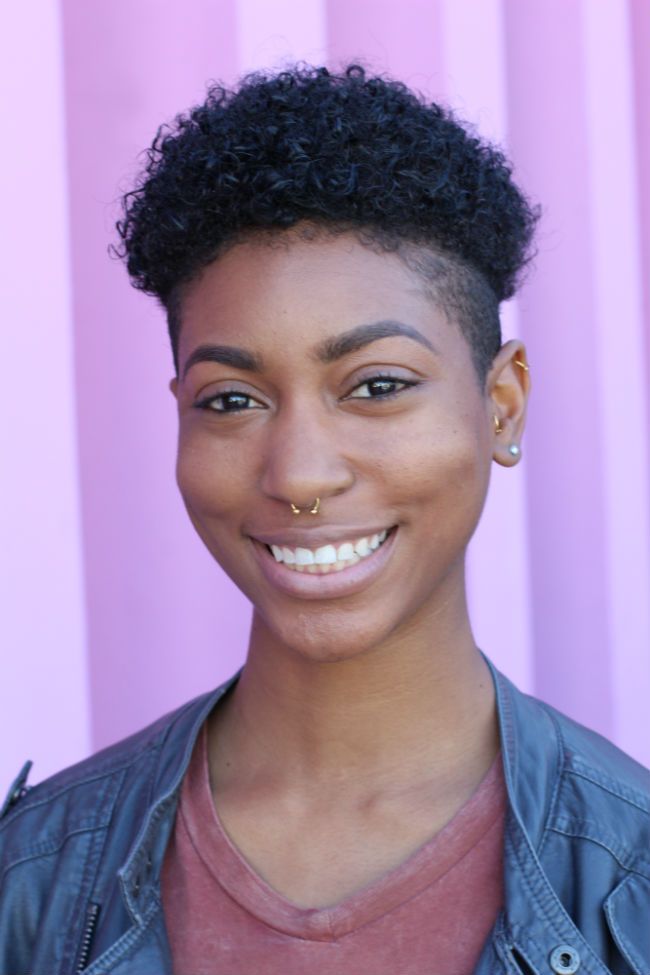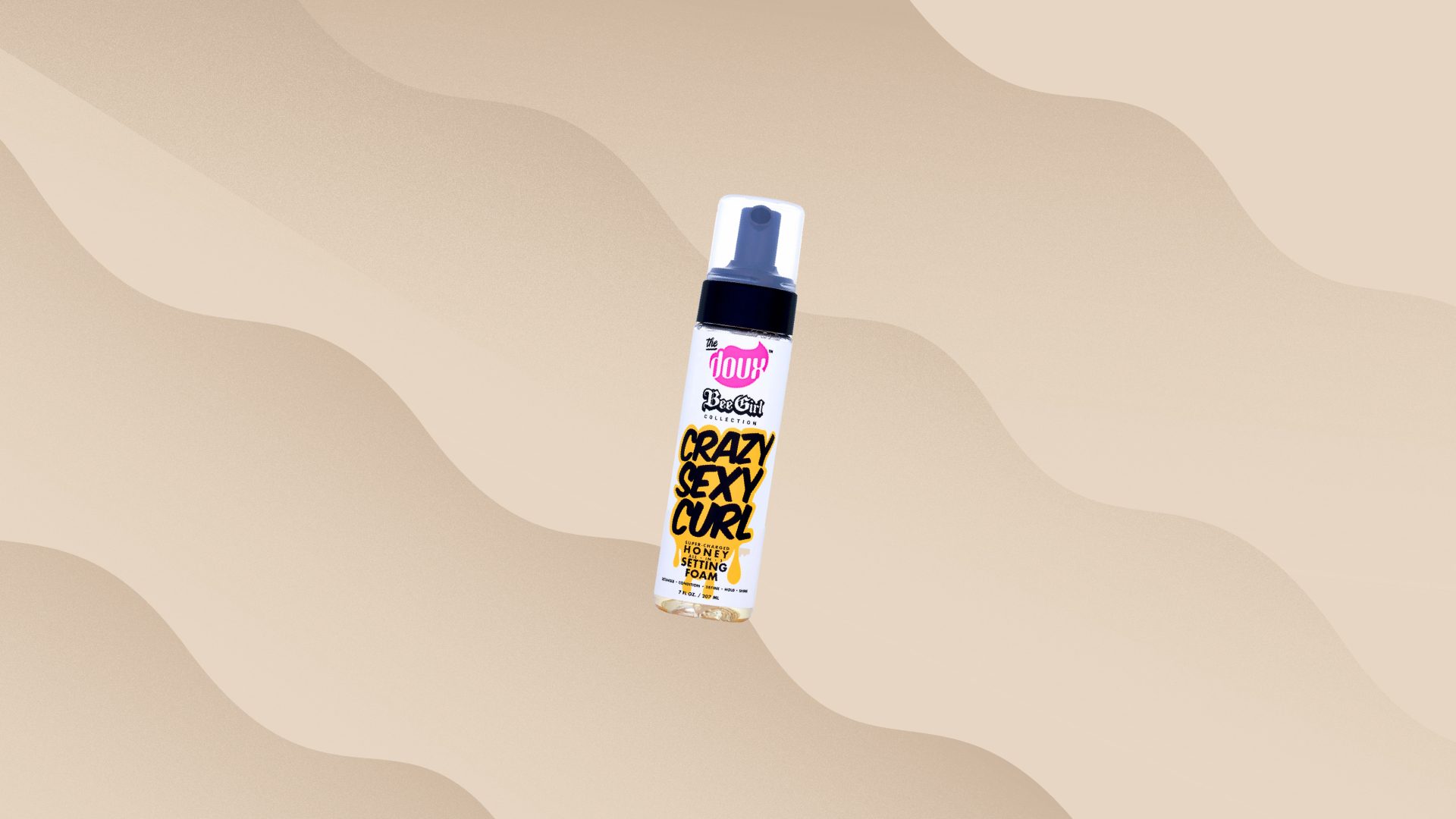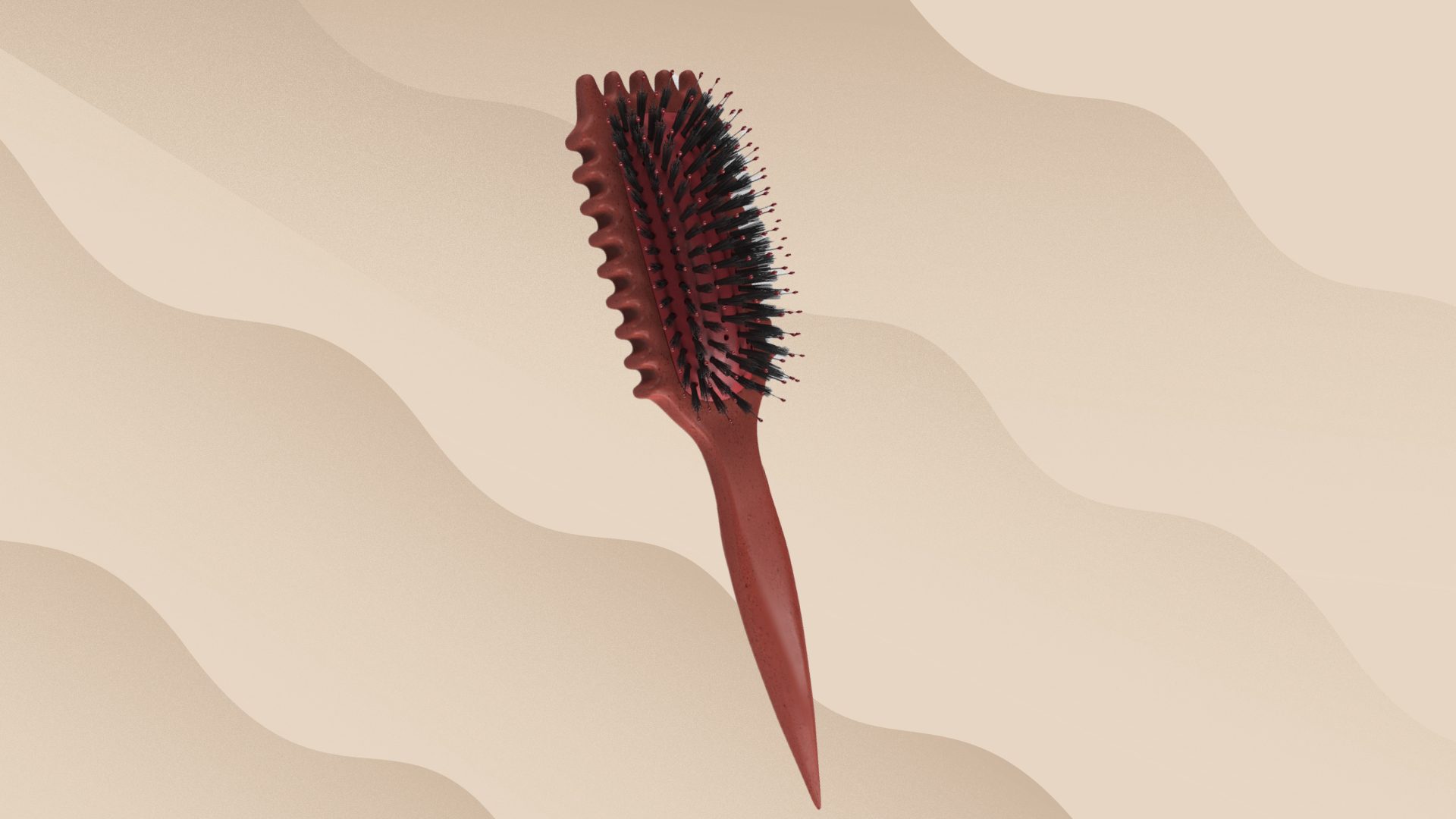Neither protein nor moisture can work well without the other, and finding the right balance between these two is critical for maintaining healthy hair.
Why Your Natural Hair Needs a Moisture-Protein Balance
Many naturals think of moisture and protein as conflicting forces when in reality, they are more like the two sides of one coin. There is a unique relationship between moisture and protein within the hair and the hair needs both to be healthy. Neither protein nor moisture can work well without the other, and finding and maintaining the balance between these two is critical for achieving and maintaining healthy hair.
The relationship between protein and moisture is, as stated above, a synergistic one. If you think just think about it for a minute, you will understand these characteristics about your hair in its natural state:
- hair that is porous and has a compromised cuticle layer
- it has difficulty staying moisturized
- it benefits from the having its cuticle layer reinforced with added protein so that moisture has a better chance of remaining in the hair.
We often think that breakage results when hair is dry or lacking moisture.
While this is true, breakage can also result from a lack of protein, in which case, finding the actual cause can sometimes pose a challenge. To find out the problem you need to thoroughly look into your regimen to see what may be lacking or excessive. We often think it is impossible for our natural hair to be over-moisturized, but it can and does happen. This is especially true for hair that can be constantly wet — if we co-wash frequently without allowing the hair to dry between washes — as well as deep conditioning overnight, avoiding products that contain protein, or relying too much on the baggy method.
Hair that is overloaded with moisture and conditioner will be extremely elastic.
Thankfully, it is easily fixable — a single protein treatment is usually able to correct the issue and restore balance. A stronger protein treatment should be followed with a moisturizing conditioner to ensure that hair regains an appropriate amount of elasticity post protein treatment.
If your hair has too much protein, take the following steps:
1. Clarify your hair.
2. Deep condition with heat once or twice a week (depending on the severity of your particular problem”>.
3. Moisturize your hair daily, focusing on your ends.
4. Avoid using products that provide excess protein to the hair (such as hair gels”>. You don’t need to swear off protein entirely, but be aware of the products you’re using and whether or not they contain protein in order to help correct the problem.
How to determine if your hair needs protein or moisture
-
Balanced hair: when stretched, wet or dry hair will extend a bit before returning to its original length without breaking.
-
Too much protein: when stretched, wet or dry hair will extend a little more than usual then break.
-
Too much moisture: wet or dry hair will stretch and stretch without breaking. Hair feels limp, weak, gummy or mushy. Hair is in need of light protein.
-



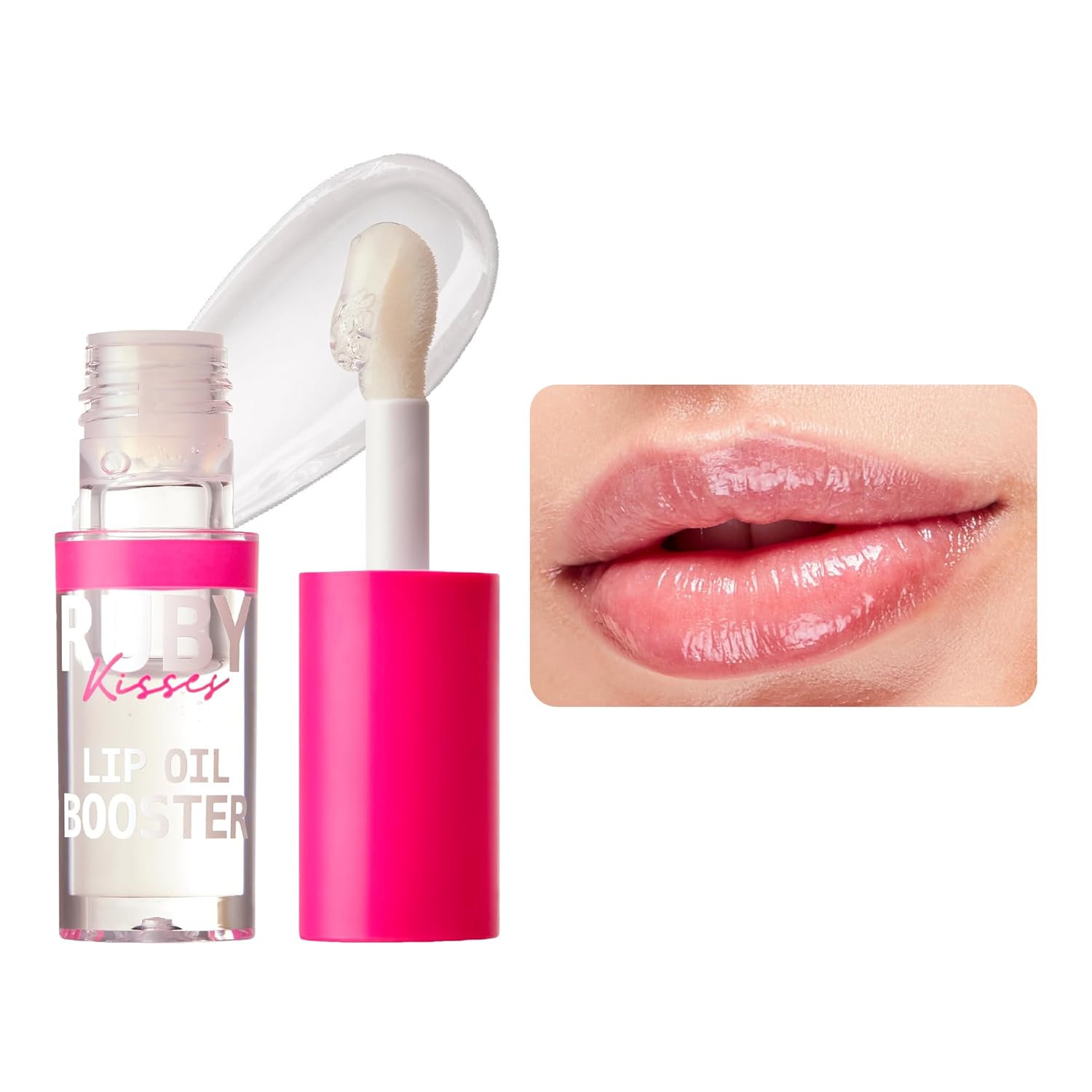

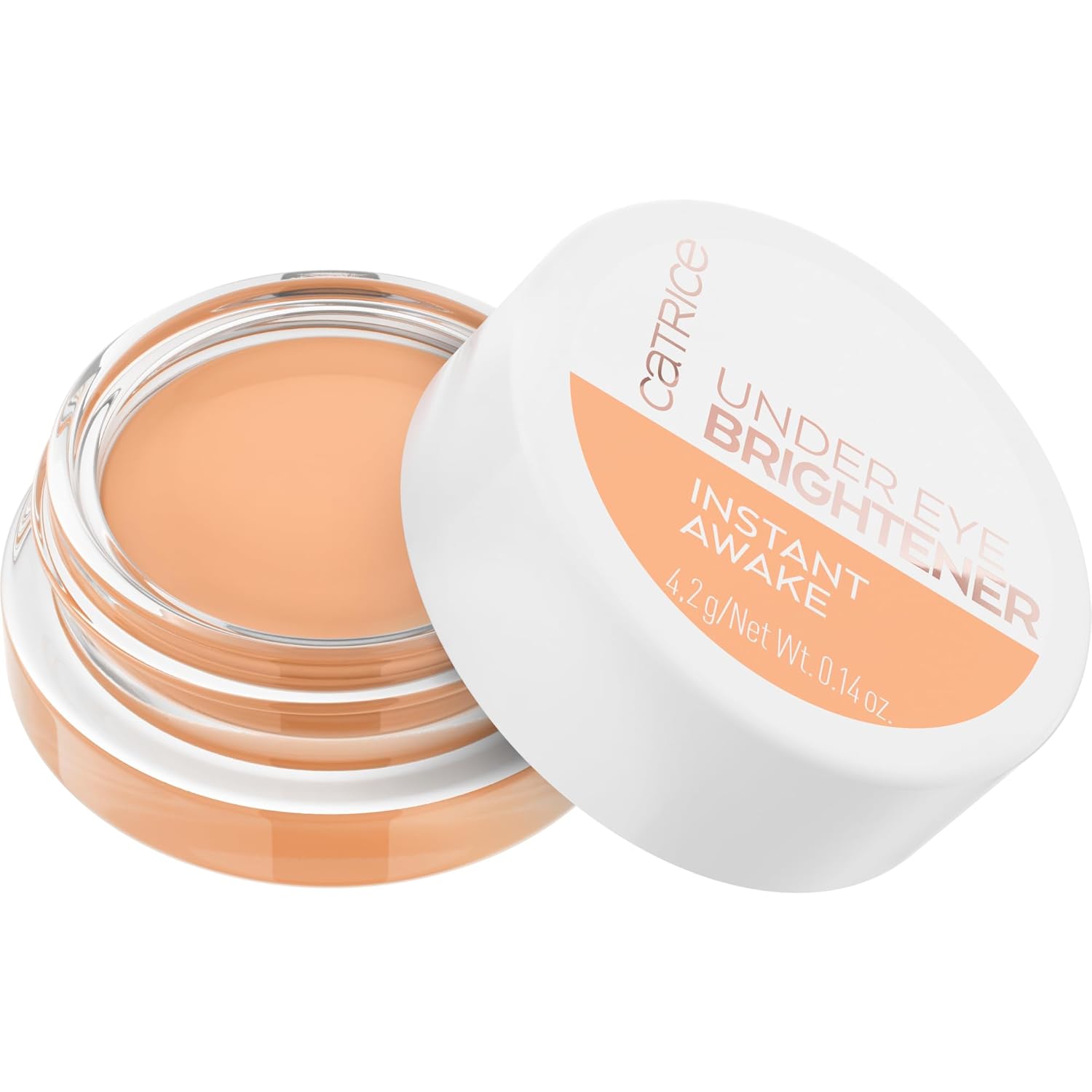
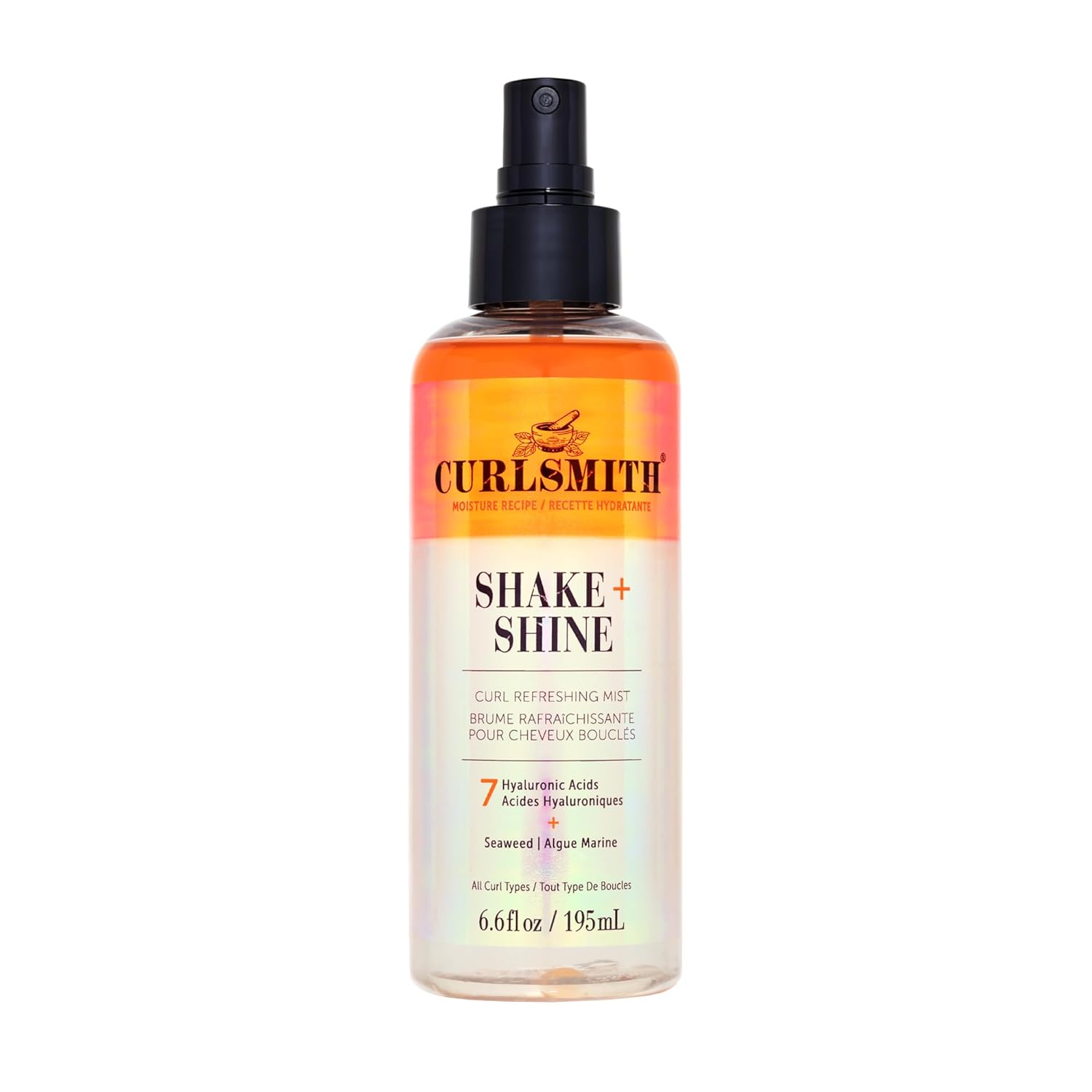
When in doubt, add moisture: if your hair, wet or dry stretches very little or not at all before breaking you need moisture
To sum it up
If your hair is rough, brittle, hard or if you are unsure what your hair needs, give it moisture. Remember that your hair is made up primarily of protein and a proper protein structure is required for water molecules to bind with and to also help keep water locked inside the strands. It can be a challenge to correct an imbalance between protein and moisture, however, as long as close attention is paid to your hair and regimen, finding and correcting any issues becomes much easier.Having a hard time finding a balance in your routine?
It may be time for a new protein treatment. Visit Shop NC for our list of recommendations.
